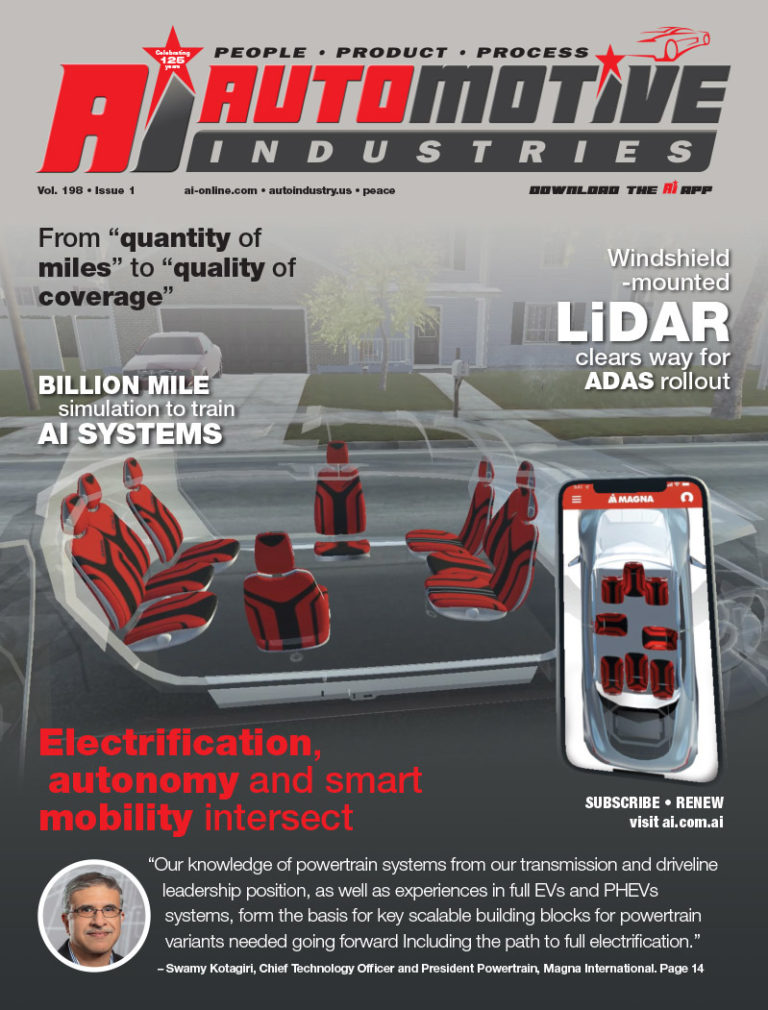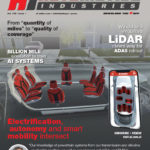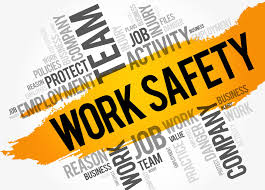 AI: How dire was GM’s state when you became CFO in 1992?
AI: How dire was GM’s state when you became CFO in 1992?
RW: I remember Jack’s famous words: “Stop the bleeding.” We had to get the business to a point where it wasn’t pouring cash out the door every month.
AI: You also had to improve product and product development.
RW: We’ve significantly improved the quality of our product and the breadth and quality of our portfolio. We’ve moved from six or seven product development organizations in the U.S. to one, and that’s yielding all sorts of efficiencies. In manufacturing efficiency, we’ve moved from the worst in the U.S., by a significant margin, to right up there with the best.
AI: You’ve had problems with relationships – suppliers, dealers, the UAW — along the way.
RW: This is an industry in a period of great change and the stress that competition brings. What has been happening with suppliers is the competitive dose of cold water we’ve all gotten in the last five years. The supply base has been under massive pressure to get more value for less money, because that’s what we’re getting from consumers. With dealers, we were butting heads for a while, but I think that has significantly improved. With the UAW, we had a number of strikes, and the relationship was tense, but that’s back on a very constructive track.
AI: You’re plowing millions into fuel cells but not competing yet in hybrids.
RW: We were going hard on the electric vehicle, and after that we said we needed to bet on something that can be fully competitive in all areas — regulatory, consumer needs and business. So we’ve been working very hard on the fuel cell. But we can’t afford to leave the hybrid field open. We’ve reached out more and more into technology to maintain GM as an industry leader
AI: How can you stop the bleeding of market share to off-shore brands?
RW: One answer is simple: we need the best products and cost efficiencies so we can stay tough. The second piece is, we need to fight to make sure we have a level playing field. We’ve been outspoken on things like valuation of the yen — the Japanese Central Bank inappropriately and excessively using their strong reserve position to purposely drive the yen to be weaker, which is directly moving manufacturing jobs from the U.S. to Japan. We should not have to compete against that. Another fair playing field area is the cost of health care, which is a very big issue for the entire U.S. economy: I think I’m accurate in saying that none of the countries we compete against has a healthcare setup like the U.S. and a health-care burden placed on their manufacturers.
AI: What are the major ongoing challenges?
RW: One is that we have to rebuild our balance sheet, which means we have to generate cash. That is driving a lot of our business strategies, to make sure we keep enough cash going in to do product, to keep our share up so we can keep production up so we can keep the machine running and generate cash. The other big challenge relates to the competitive set, tough pricing and the lack of profitability we see in the auto business. We’ve got to do even better products to get share and a little pricing power and get to segments fast where it’s more profitable. And we need to run the operating side of the business very adroitly: quality, manufacturing efficiency, the right manning levels, everyone working on value-added activities.
- Nov 2003
- Gary Witzenburg














































 Looking Ahead
Looking Ahead


